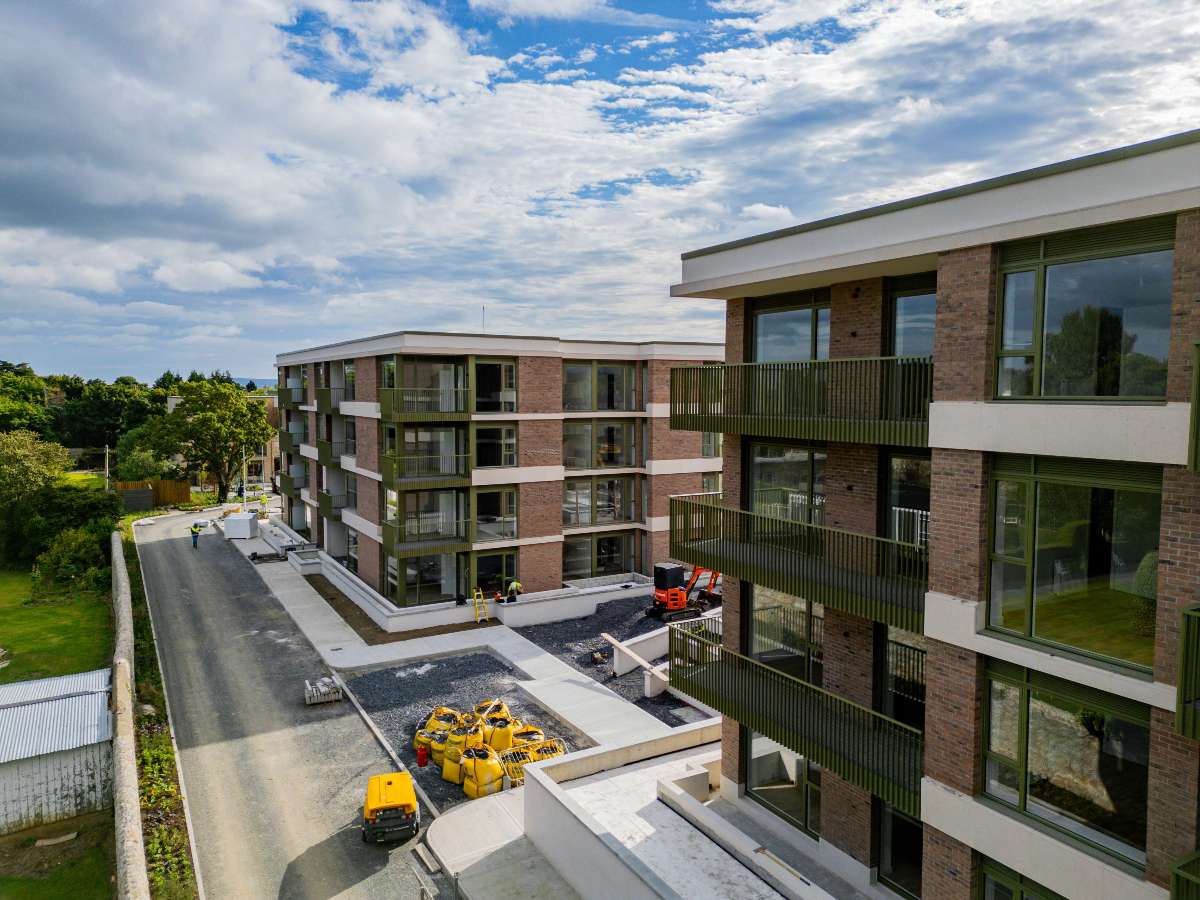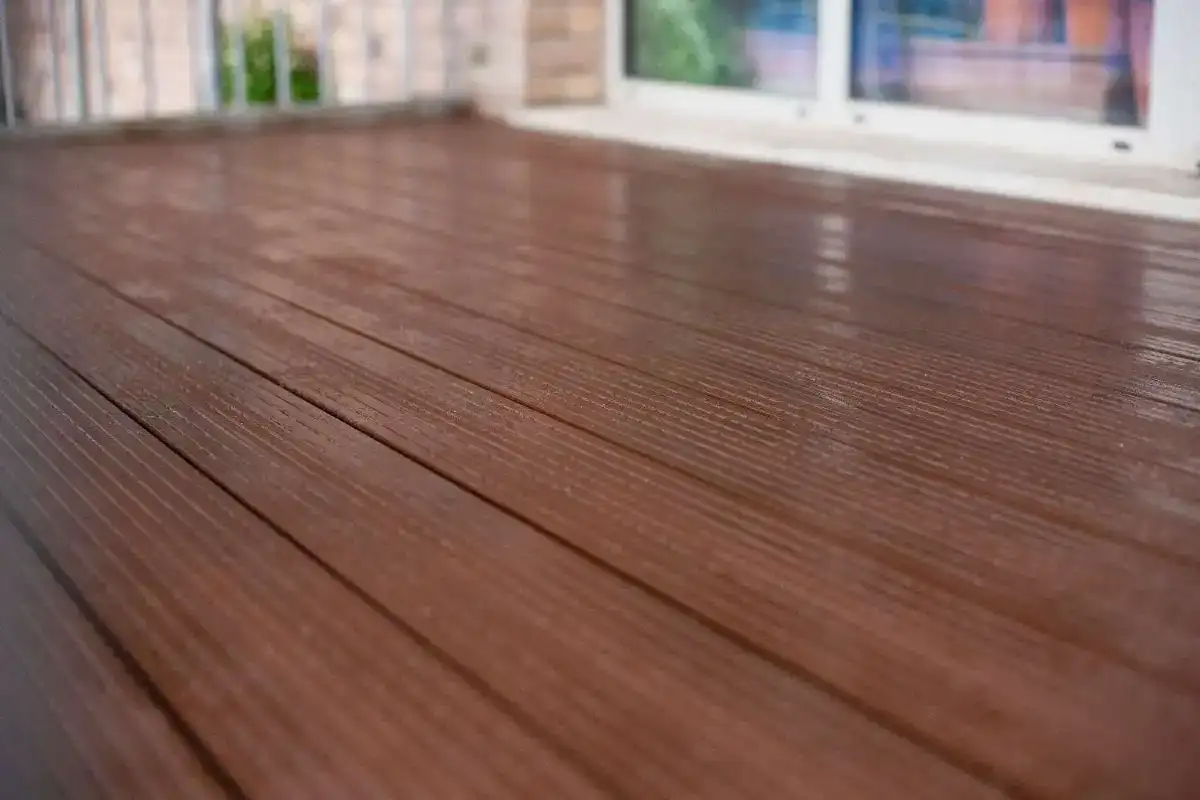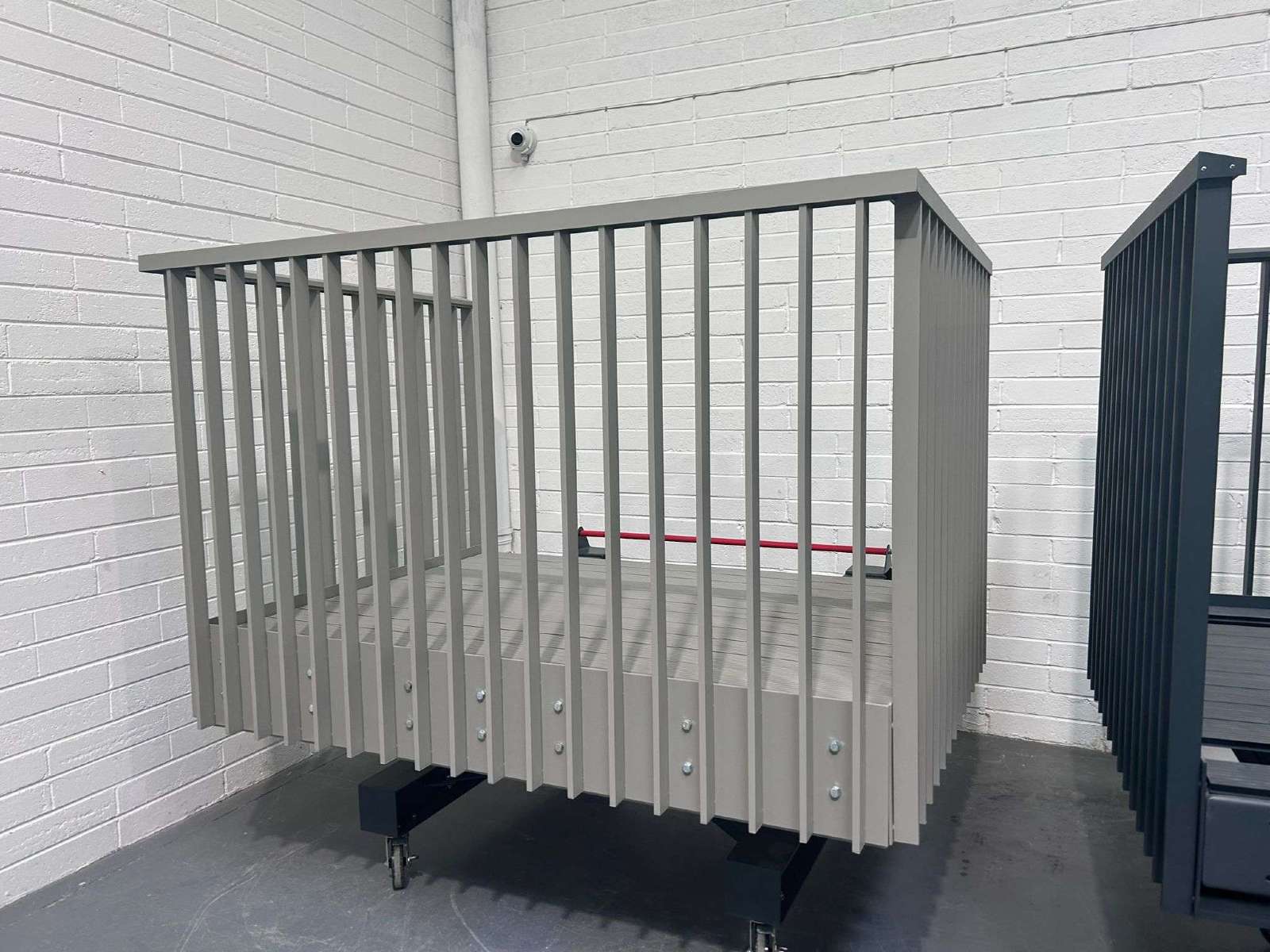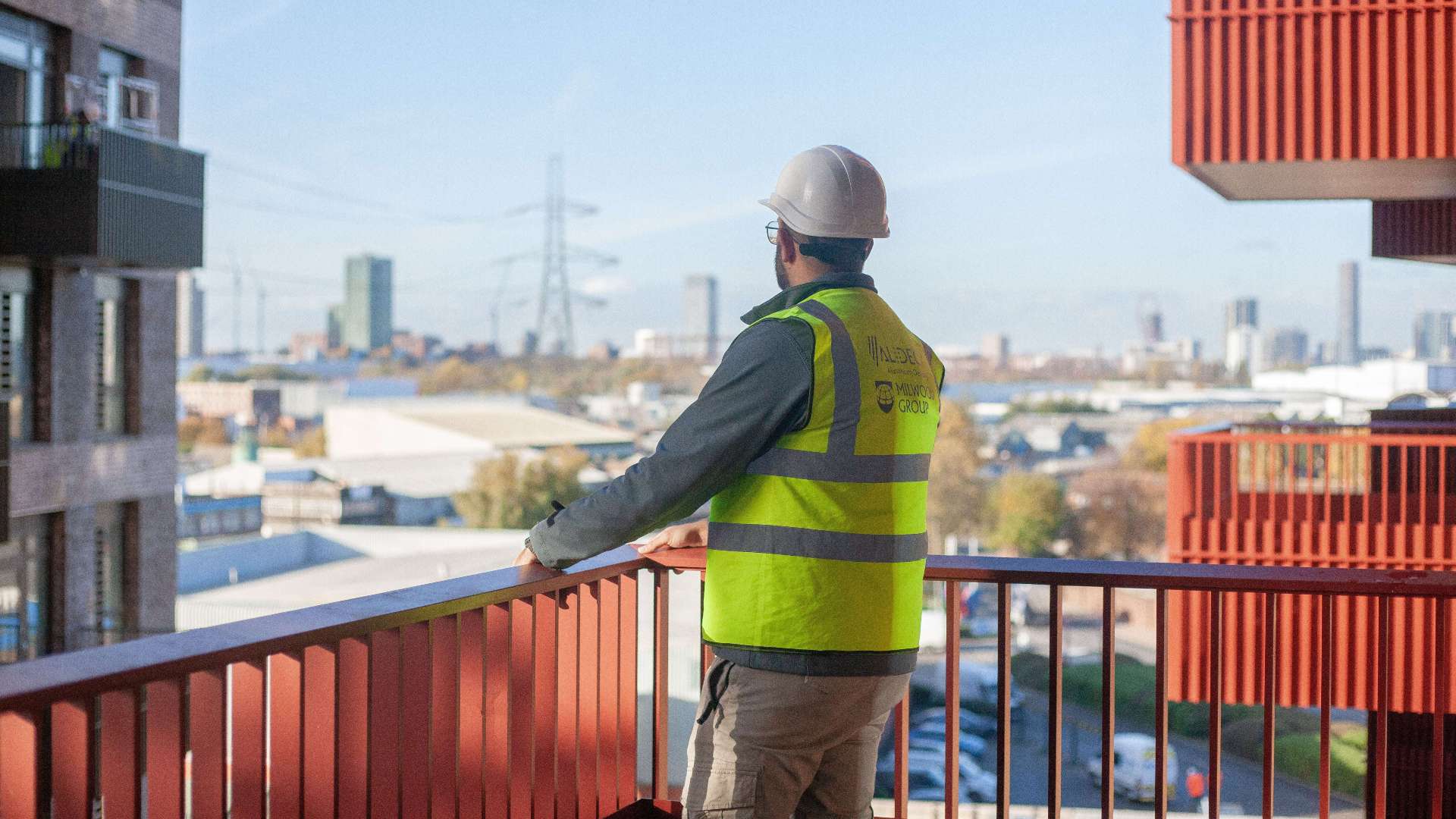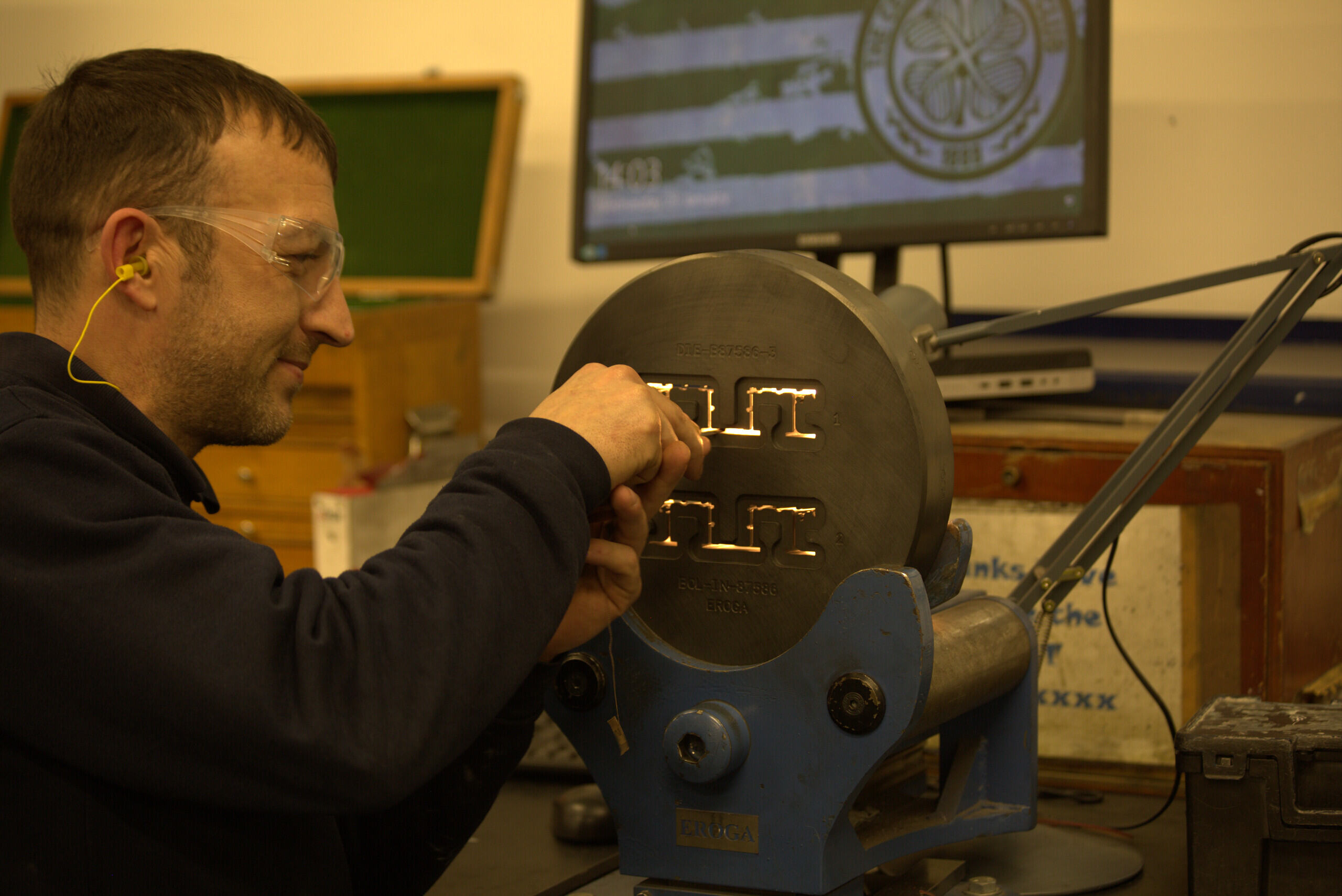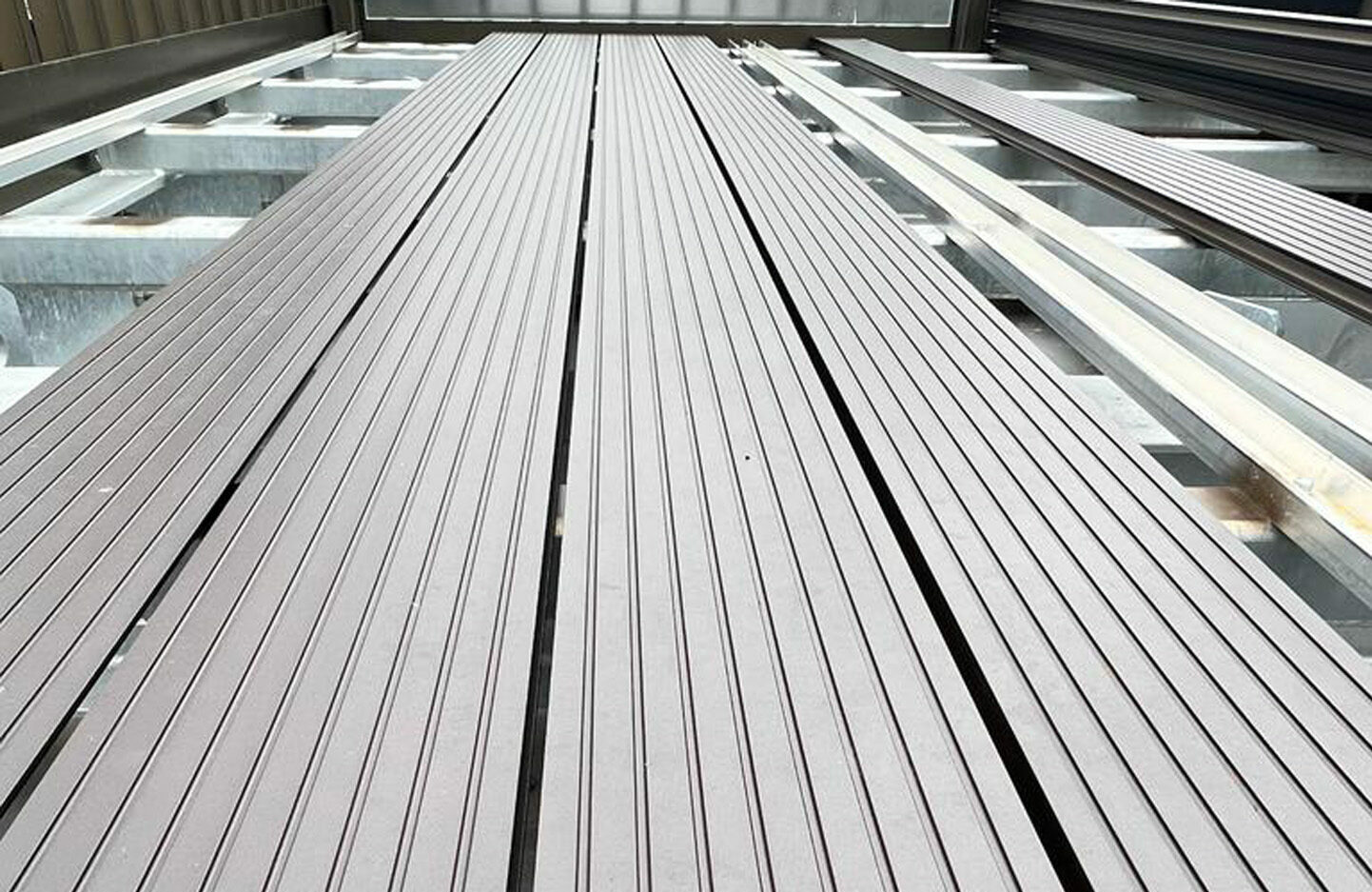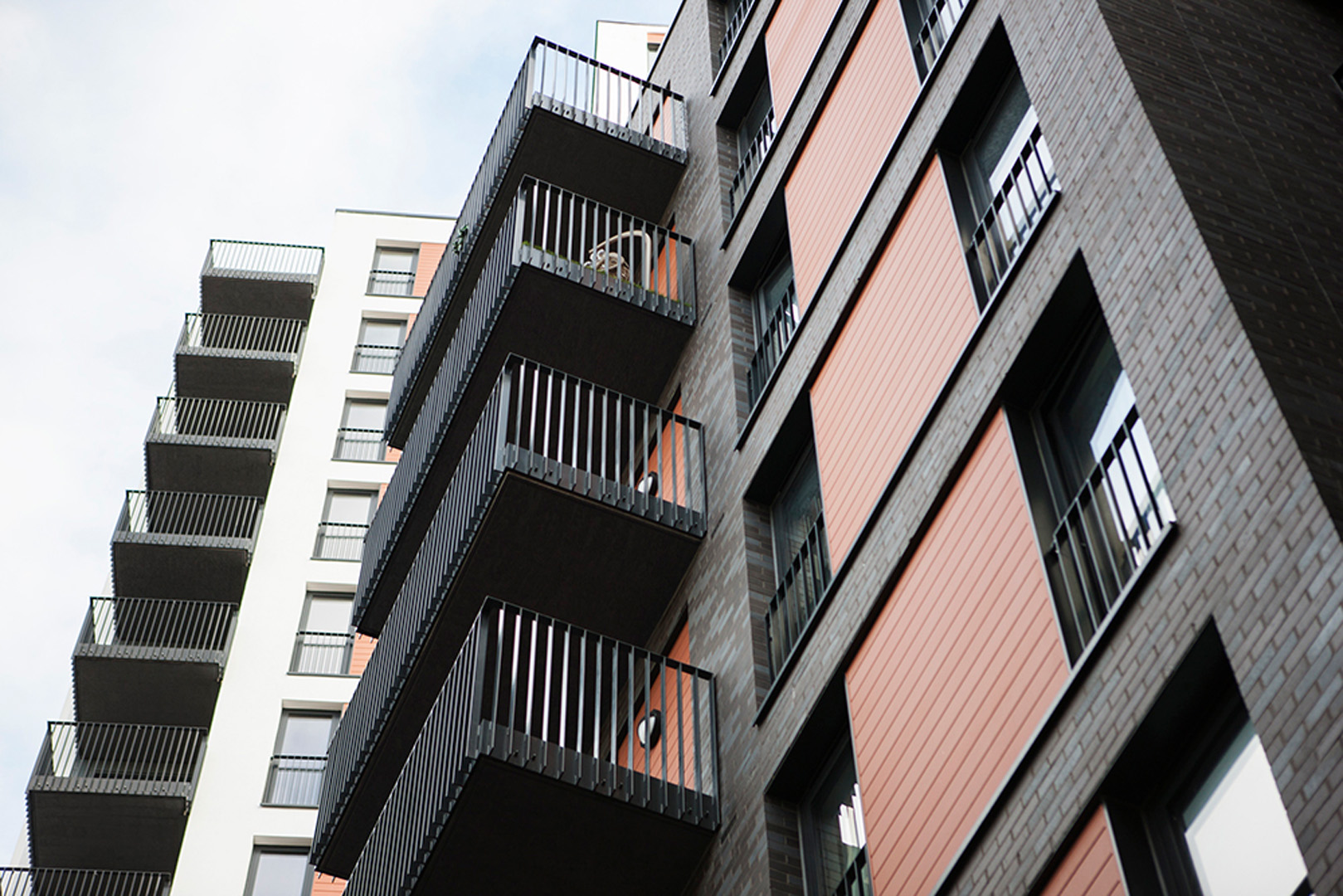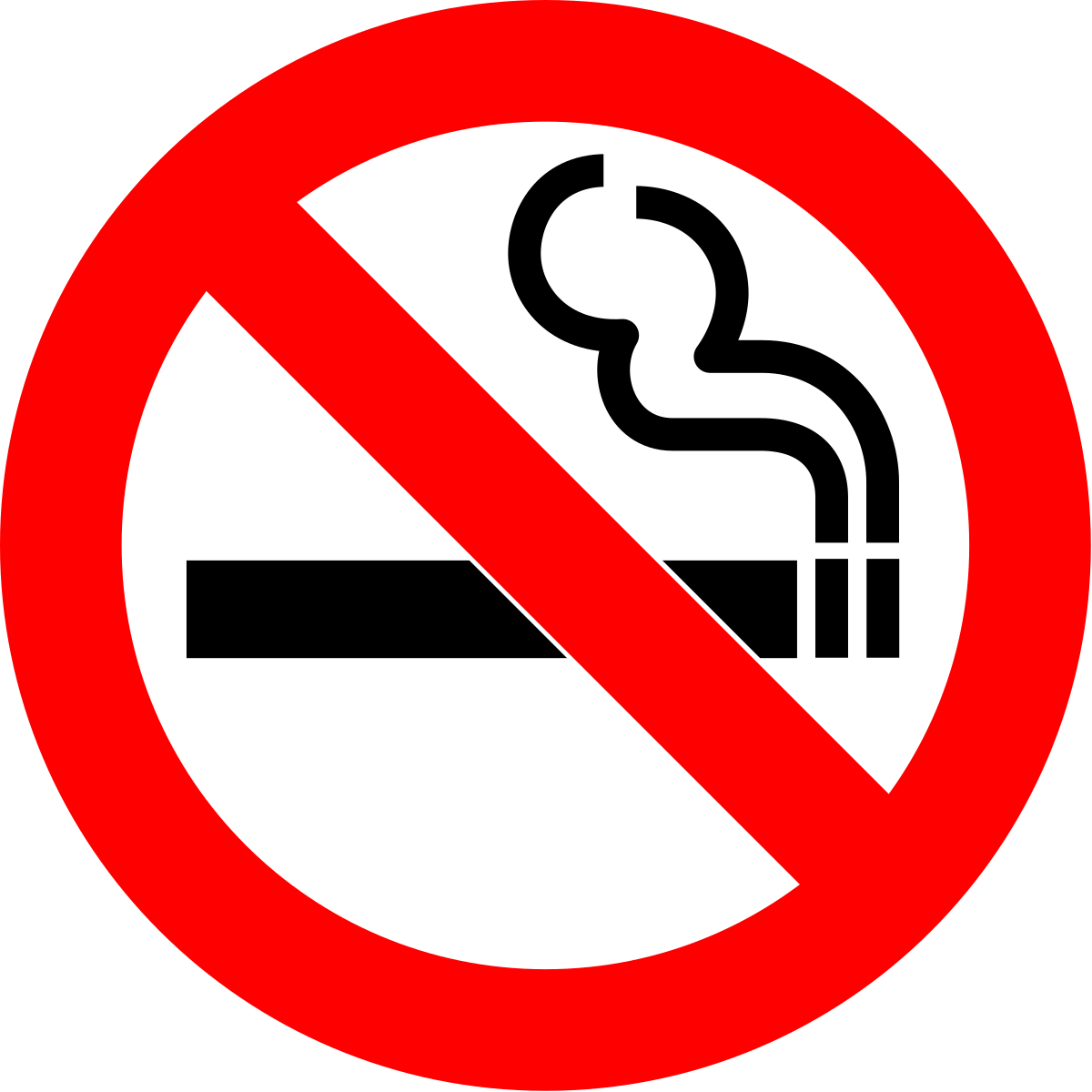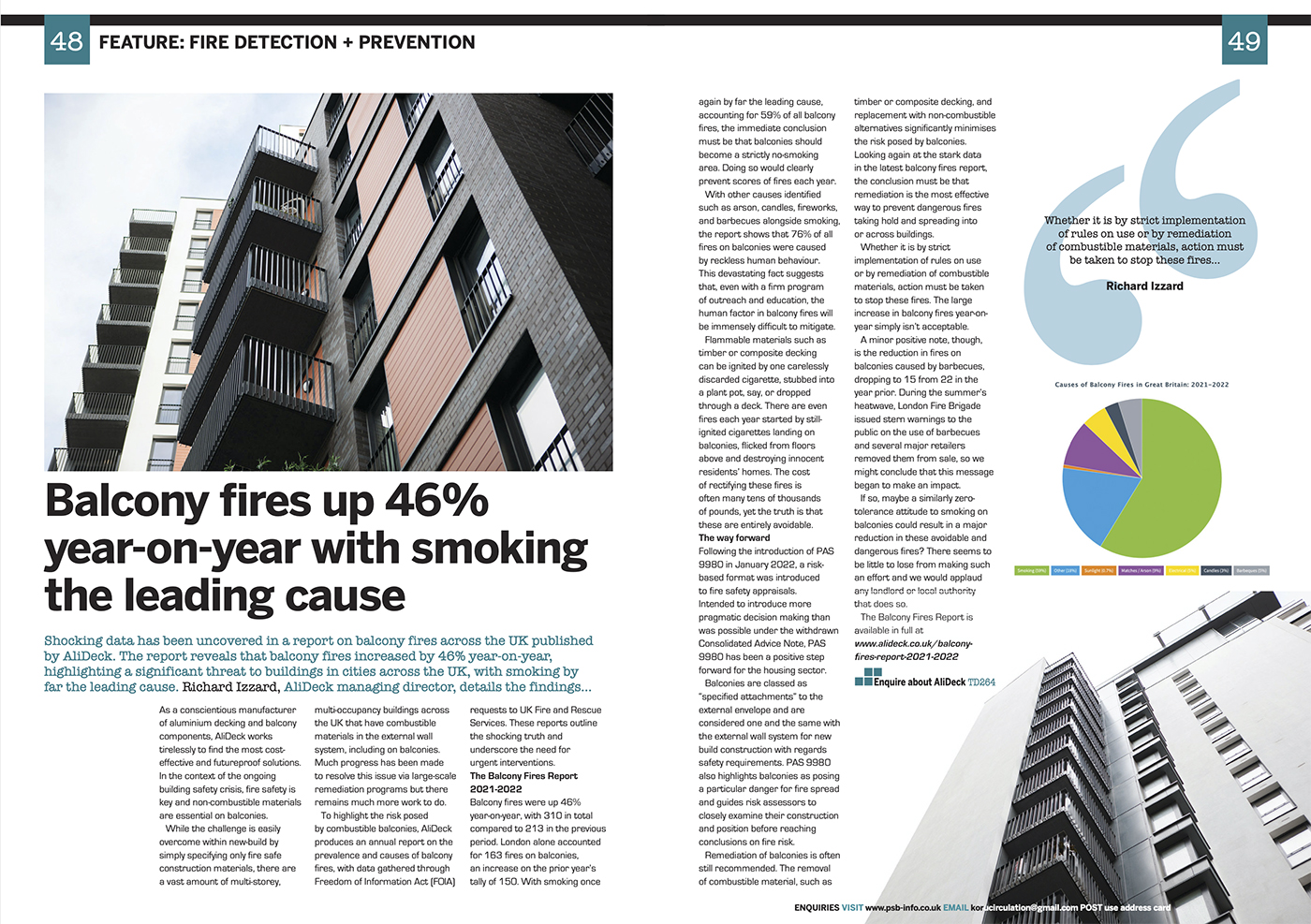Balcony Fires of Great Britain Report: 2021-2022
AliDeck have again conducted in-depth research into the prevalence and cause of fires on balconies, collating data from around the UK for the period 1st August 2021 to 31st July 2022. As in our earlier 2017 to 2020 and 2020 to 2021 Balcony Fires Reports, the revelations are shocking and disappointing with the overwhelming majority of fires on balconies being caused by reckless behaviour, particularly the careless use of smoking materials.
Smoking materials continue to cause the majority of fires on balconies, with 59% of all recorded fires on balconies being caused by smoking. This is an increase on last year’s Balcony Fires Report where smoking was the cause of 49% of balcony fires.
These stark figures are genuinely shocking. The actual number of balcony fires caused by smoking in 2021-2022 was 181, significantly higher than the previous year’s total of 104. It is clear that property managers and housing associations should invest much more energy in helping residents cease smoking on their balconies.
As we said last year, though, changing behaviours will always be challenging. The surest intervention that can be made to reduce the danger of fires on balconies is to remove and replace combustible materials, such as timber or composite balcony decking.
Non-combustible alternatives such as aluminium are A-Rated for fire and fully compliant with all legislation and building regulations, solving the issue at a stroke.
Causes of Balcony Fires in Great Britain: 2021-2022
Unsurprisingly, London reported the highest number of fires on balconies, with 163 occurring across the capital in the period. This is an increase on the prior year’s tally for London of 150. Shockingly, a full two-thirds of the balcony fires in London were found to have been caused by smoking.
In all, 30 of the 45 fire services around the UK saw a year on year increase in the number of balcony fires that occurred in their area and 29 of the 45 saw at least one fire on a balcony related to smoking materials, such as carelessly discarded cigarettes.
Richard Izzard, AliDeck managing director, said “These are shocking and depressing statistics. We had hoped to see the number of fires caused by smoking fall across the last 12 months, due to the increased awareness around fire safety as well as the progress made in remediating combustible balconies. Sadly, that is clearly not the case and much more work needs to be done to achieve a fire safe future in our nation.”
This latest AliDeck Balcony Fires Report should serve as a warning and all stakeholders in housing must take action.
Quit smoking or remove combustible materials to reduce risk
The most shocking aspect of these devastating statistics is that these smoking-related balcony fires are completely avoidable. By people quitting smoking and therefore removing the materials that might cause a blaze, the risk of smoking-related fires on their balconies is immediately drastically reduced.
Many smoking-related balcony fires, though, are caused by smokers carelessly discarding their cigarettes from their own balconies only for them to be blown onto balconies below. The more people that quit smoking, however, the less often this reckless act will cause fires.
Giving up smoking is an extremely difficult task for many people, though, and that many who try to quit this October will sadly not be successful at this attempt. Our message to them is twofold; keep trying and never give up on giving up, and also consider replacing the combustible timber or composite elements of your balcony to remove the possibility of smoking materials causing a dangerous balcony fire.
Alternatives to timber or composite decking include aluminium, which is a non-combustible material. With aluminium decking systems available that achieve an A fire rating, the best rating achievable, by replacing combustible materials with aluminium decking homeowners and property managers are immediately making a huge leap towards a fire safe home.
“Replacing combustible materials on balconies with non-combustible alternatives such as aluminium is a sure-fire way to increase balcony fire safety,” Richard concluded. “As more people give up smoking and more balconies have timber or composite deckling replaced, we’ll start to see a welcome reduction in these balcony fire incidents.”
Beyond replacing combustible materials or ceasing to smoke on balconies, other practical steps that should be followed to achieve greater balcony fire safety include;
- Never use a barbecue on a balcony
- Do not use a patio heater (gas or electric) or a flame pit
- Do not store gas cylinders (or any item containing flammable liquid)
- Do not use fireworks or indoor fireworks
- Avoid the use of reed fencing or other combustible screening
- Do not store any items on your balcony that might catch fire
- Keep items on your balcony to a minimum by removing any rubbish and combustible items like furniture, timber, decorating materials, children’s plastic toys and other clutter
Latest Balcony Fires Related News

